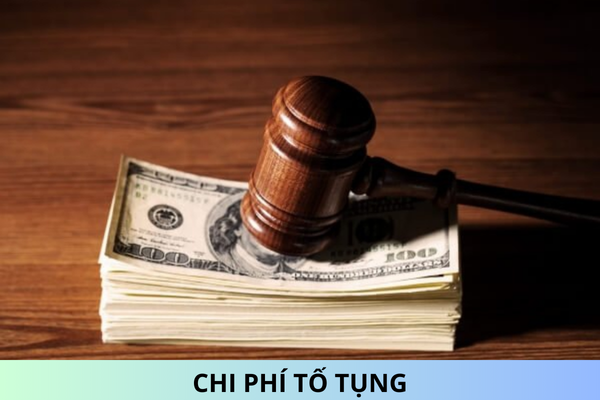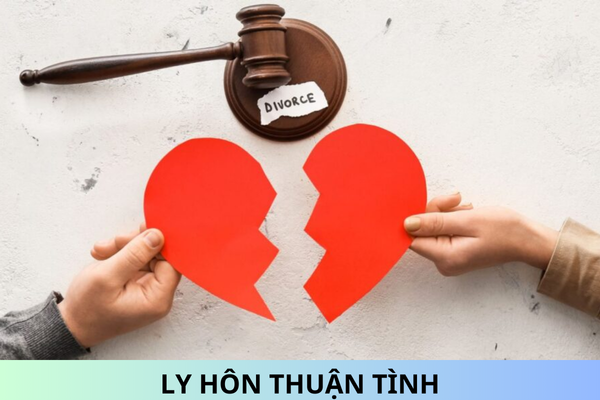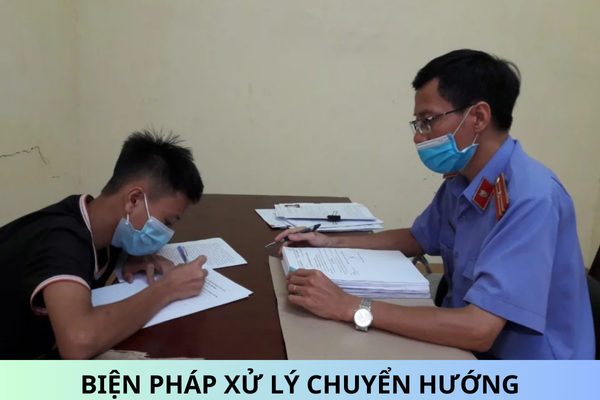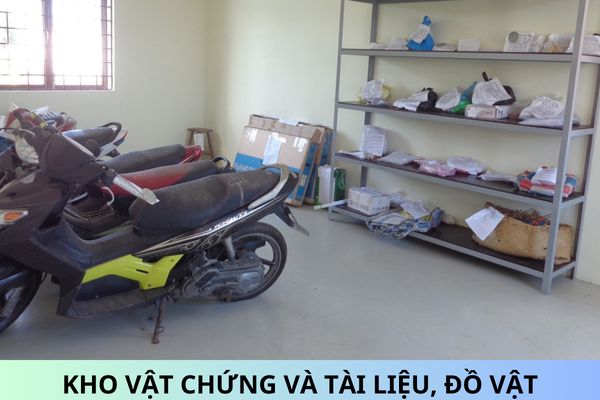Can a Judge Shake Hands with the Defendant?
Clause 2, Article 10 of the Code of Ethics and Conduct for Judges Issued together with Decision 87/QD-HDTC of 2018 stipulates:
Prohibited Actions for Judges:
- Actions deemed unlawful for citizens as defined by law;
- Advising the accused, defendants, litigants, or other participants in legal proceedings in a manner that leads to the resolution of the case that is not conformable with the law;
- Illegally interfering with the resolution of the case or exploiting one's influence to impact the individual responsible for resolving the case;
- Removing case files or documents in the case file from the office without an assigned duty or authorization from a competent authority;
- Interacting with the accused, defendants, litigants, or other participants in the legal proceedings under their jurisdiction outside of designated locations;
- Harassing, delaying, causing difficulties, or inconveniencing citizens, accused, defendants, litigants, other participants in legal proceedings, or those conducting legal proceedings;
- Coercing or suggesting the accused, defendants, litigants, other participants in legal proceedings, and those conducting legal proceedings to provide documents, declare information, or present matters in a non-objective, untruthful manner;
- Disclosing state secrets or confidential information of oneself, officials of the Court, or other related agencies;
- Disclosing professional, business, personal, or family secrets of the accused, defendants, litigants, or other participants in legal proceedings, except as otherwise stipulated by law.
Additionally, the layout of individuals conducting proceedings, participants in proceedings, and attendees of the court session in the courtroom is executed following Appendix No. 01 issued together with Circular 01/2017/TT-TANDTC. The positions are as follows:
- The position of the Trial Council (Court President, if the case is resolved through summary procedures) is arranged on the highest podium, below the national emblem;
- The position of the defendant is arranged behind the defendant's testimony podium.
Therefore, although there are no explicit stipulations prohibiting judges from shaking hands with defendants, the standing positions of each party at the trial are clearly demarcated. Moreover, judges are prohibited from: Interacting with the accused, defendants, litigants, or other participants in legal proceedings under their jurisdiction outside of designated locations.
Clearly, in this trial, the judge is representing the state in executing judicial authority. If the judge shakes hands with the defendant at this time, it may somewhat affect the impartiality and objectivity of the case. Therefore, integrating the aforementioned regulations, if a judge shakes hands with the defendant at the trial, it would be deemed inappropriate.
Respectfully!










